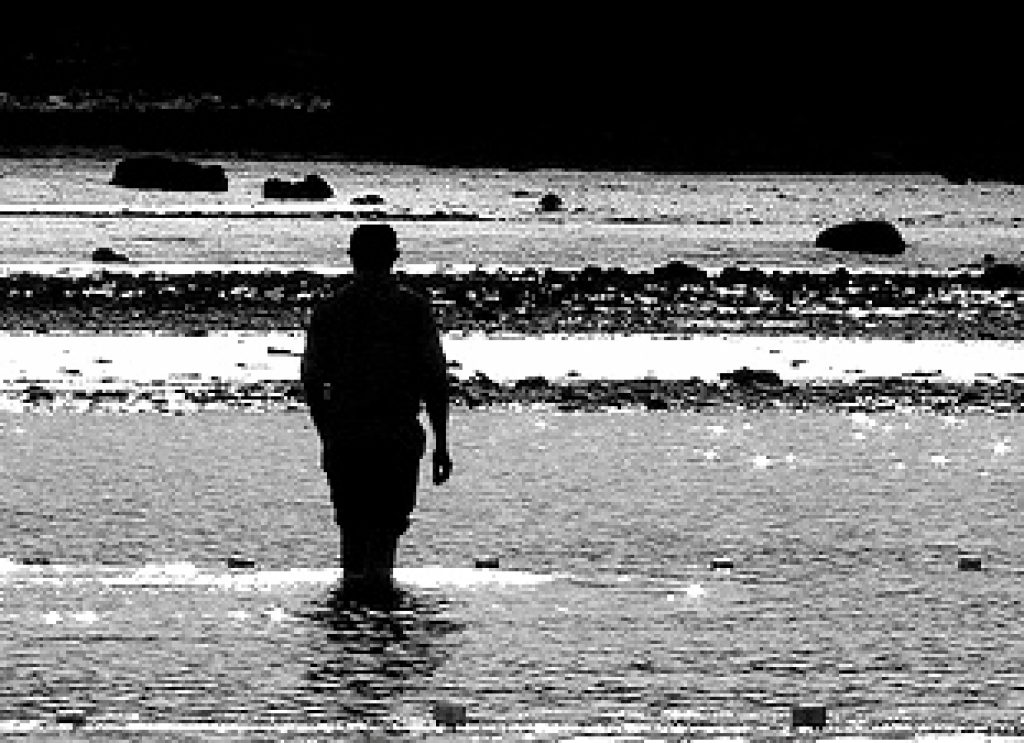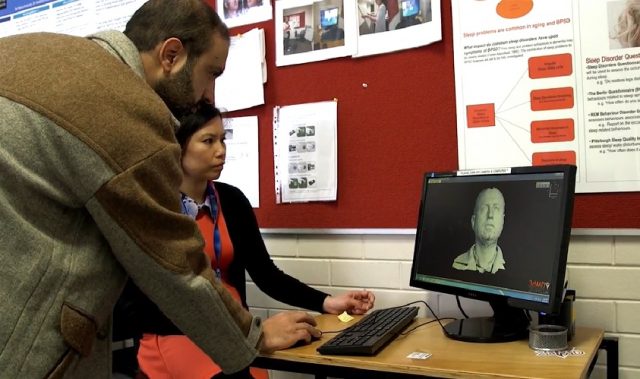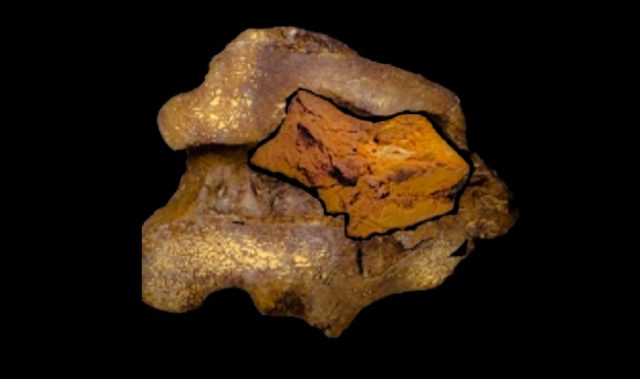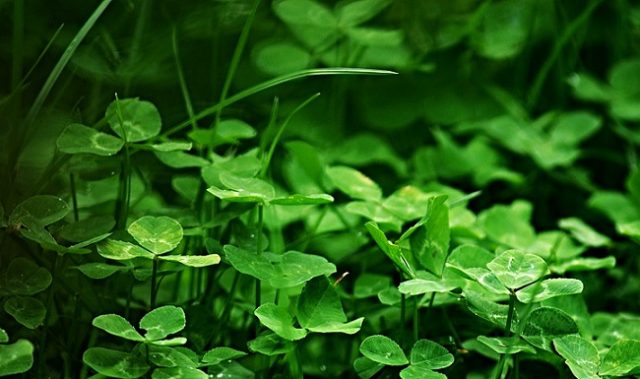
Asian Scientist (Jul. 11, 2013) – The scientists and conservation workers battling to save the world’s dwindling forests, landscapes and endangered animals live constantly with grief, according to a leading Australian conservation scientist.
“Assailed with accounts of the loss of species and habitats many ecologists and conservation biologists may be suffering from chronic or acute grief,” said Professor Richard Hobbs of the ARC Centre of Excellence for Environmental Decisions (CEED) and University of Western Australia.
“Whether it’s a local or personal loss, such as a local woodland or a creature that was once abundant becoming scarce or non-existent…[or] the destruction of something major like a rainforest, Australia’s small marsupials or the decline in the Arctic ice-sheet, the people who care about these things face constant accounts of actual or impending loss and this gives rise to a sense of bereavement.”
According to Prof. Hobbs, losses of any kind – of family, home or friends or one’s familiar environment – involve a need to grieve, and the people who working in the field of conservation live in a world characterized by loss.
He experienced this himself when he was forcibly struck by impact of grief while attending the International Conference for Conservation Biology in 2011.
This led him to compare his feelings with the five stages of grief identified by Dr Elisabeth Kubler Ross – denial, anger, bargaining, depression and acceptance. He feels that these are all apparent in the feelings of those closely involved with conservation.
“For example anger is a common response to conservation issues – on all sides of the debate. And denial is often used as a buffer against unwelcome news.”
“Bargaining occurs when we realise it is impossible to save everything, and we have to negotiate what can be saved.”
“Depression is a constant possibility for people working to save endangered animals and landscapes as we contemplate the immensity and difficulty of the task.”
“And acceptance occurs when we become reconciled to losses that cannot be avoided, and learn to live with them – although we do not acquiesce to them.”
However, he feels that apart from grief, conservation also engenders hope as conservation losses are often reversible. He is also encouraged by some success stories of endangered animals being rescued or having their habitat restored.
Nevertheless, he cautions that the evidence suggests that we are heading towards or are already in an ecological ‘new normal’ where ecosystems may be substantially different to the past, and missing many species.
“This makes some people angry, because they are still grieving for the world we have lost – while others have cycled more rapidly through the grief stages, accepted the inevitability of change, and are trying to work out the best way forward.”
There will continue to be clashes over conservation, but Prof. Hobbs believes that ideas about grief can help us better understand some of the passions and discordant debates that go on in conservation and restoration.
His views are detailed in an article in the June issue of Decision Point and in a journal article: Hobbs (2013) Grieving For The Past And Hoping For The Future: Balancing Polarizing Perspectives In Conservation And Restoration.
——
Source: ARC CEED; Photo: Hamed Saber/Flickr.
Disclaimer: This article does not necessarily reflect the views of AsianScientist or its staff.












